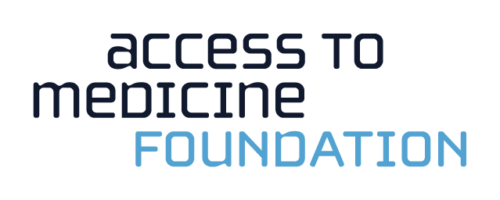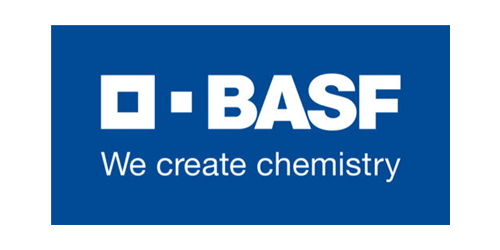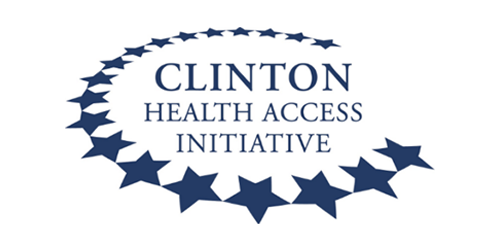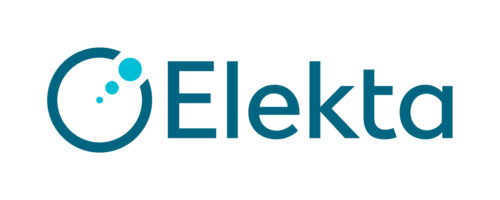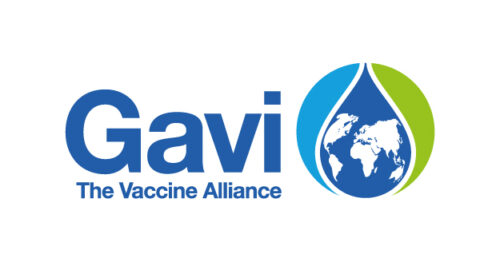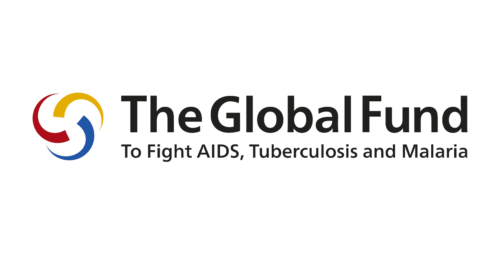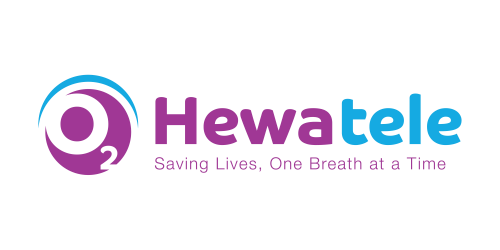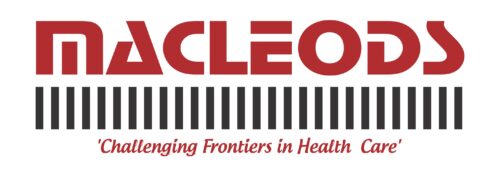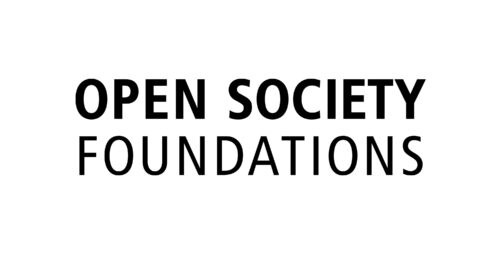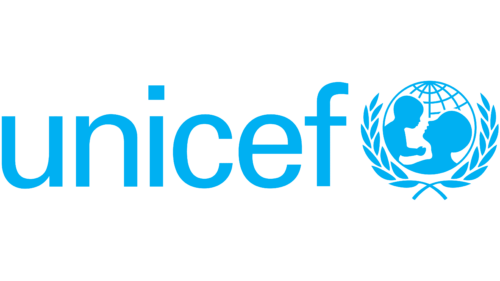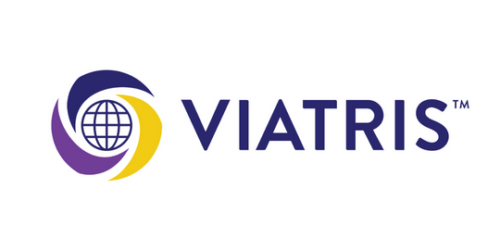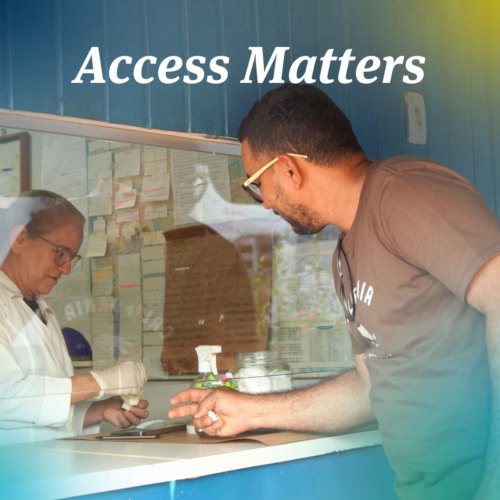The crucial role of diagnostics: Insights from Sickle Cell Disease
By Priyanka Nankani, Health Investment Analyst, MedAccess
18 September 2025 | Insight
Diagnostics – tools and tests used to identify and monitor health conditions – are fundamental to the delivery of effective healthcare. They help with timely intervention, inform clinical decision-making and improve a patient’s health outcome.
For chronic conditions that require ongoing care and monitoring, an accurate diagnosis is especially critical. Sickle cell disease is a compelling example – an accurate screening result can dramatically improve a patient’s quality of life as well as their life expectancy. Diagnosis is not just beneficial, but essential.
The value of diagnostics
Diagnostics encompass a broad spectrum of tools, including blood tests, imaging and genetic screening. They help with the identification or exclusion of medical conditions as well as contributing to ongoing assessment and monitoring.
According to the World Health Organization, nearly 70% of clinical decisions are informed by diagnostic tests, yet diagnostics receive only a fraction of healthcare funding (3-5%). This underinvestment has contributed to a widespread lack of access to diagnostics in low- and middle-income countries (LMICs), hindering timely disease management, delaying treatment and weakening public health responses.
Access is not the only problem though. Accuracy is also critical. Not all diagnostic tests on the market are of a high standard, and unreliable tests can result in false-negative diagnoses where cases of sickle cell disease – or other chronic diseases – go undetected. This can have profound public health and personal consequences – undiagnosed individuals are deprived of potentially life-saving interventions and missed diagnoses can skew epidemiological surveillance data.
For lifelong conditions, such as diabetes, cystic fibrosis or sickle cell disease, the stakes for accessible diagnostics are even higher. These conditions often present early and persist throughout a patient’s life. Their management demands continuous monitoring and co-ordinated care. Without timely intervention, patients may endure years of unmanaged symptoms, irreversible organ damage, or secondary complications.
Sickle cell disease and the impact of testing
Sickle cell disease is a hereditary, lifelong condition characterised by the production of abnormally shaped red blood cells – often resembling sickles or crescents. These cells can block blood vessels and have a reduced lifespan, leading to serious complications such as severe anaemia, painful episodes (known as sickle cell crises), organ damage, and increased susceptibility to infections.
Early diagnosis, typically achieved through newborn screening programmes, makes timely interventions such as preventive antibiotics, immunisations, and family education possible. These measures have been shown to significantly reduce infant mortality and improve long-term outcomes – for example, some studies report a tenfold decrease in child mortality in screened populations compared to unscreened populations [1]. However, in many high-burden regions, access to diagnostics remains limited, and most deaths stem from preventable complications including bacterial infections, malaria, and severe anaemia.
Innovative financing for innovative solutions
In September 2025, we provided a $2.5 million working capital facility to Hemex Health Inc. to support the scale-up of their Gazelle® platform for sickle cell disease diagnosis. The facility will enable Hemex to scale manufacturing and expand distribution of Gazelle® in India and countries in Africa and the Middle East with a high sickle cell disease burden.
Gazelle® is a compact, battery-operated point-of-care device that delivers accurate results from a small blood sample in minutes. It is the first and only portable device that replicates laboratory electrophoresis for sickle cell disease, making it suitable for use in remote and resource-limited settings.
Committed to access – for everyone, everywhere
This isn’t the first time we’ve supported diagnostic access. In 2018, MedAccess partnered with Hologic to introduce the Panther® viral load testing platform for HIV in around 50 LMICs at an all-inclusive price of $12 per test – 30% lower than previous benchmarks. And through a volume guarantee with SD Biosensor in 2021, MedAccess enabled the dual HIV/syphilis rapid diagnostic test to be offered at just $0.95 – comparable to the cost of a single HIV test – dramatically increasing affordability and uptake of syphilis testing, especially in smaller nations that had not previously planned to introduce the tests.
We project that our latest agreement with Hemex Health will help reach an additional six million people with life-saving diagnostic testing. For lifelong conditions like sickle cell disease, diagnostics like Gazelle® shape the entire trajectory of care. Ensuring accurate, timely and equitable access to diagnostic services is essential to improving health outcomes and empowering patients.
[1] Ismail, A., & Inusa, B. P. (2020). Effectiveness of Comprehensive Newborn Screening Program of Sickle Cell Disease on the Childhood Morbidity and Mortality of the Disease: A Systematic Review and Meta-Analysis. Blood, 136, 11.

